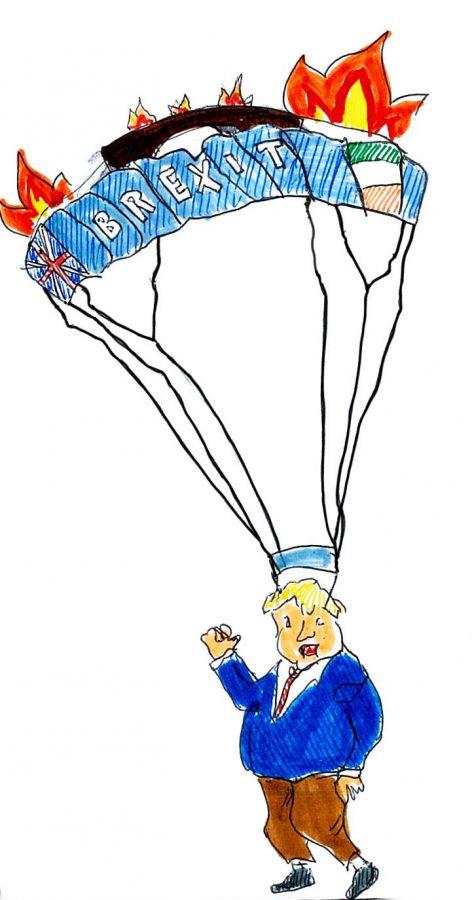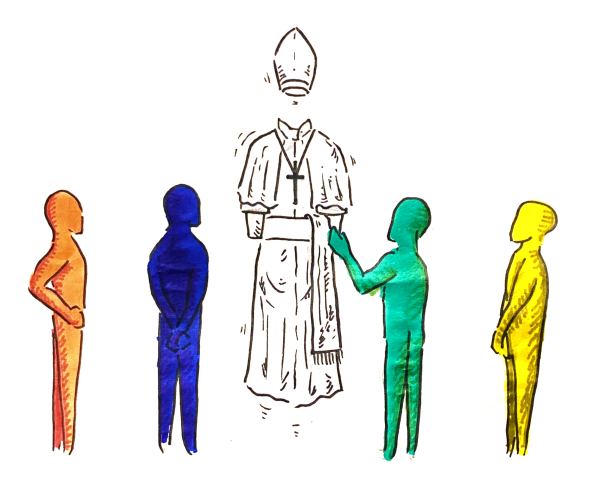Brexit, the European Union, and All Things Broken
The biggest challenge in any form of government is reconciling the equality of states and the equality of citizens. In most international organizations, the principle of equality of states usually prevails. However, not in the European Union. Depicted as a counterweight to China and the United States, the EU exists as a European superstate, grounded in the democratic values shared by member states. However, the EU’s actions illustrate a growing disparity between its founding principles of democracy and its current state. The EU has devolved into a quasi-authoritarian transnational force controlled by an unelected few who supersede national legislatures and suspend democracy in order to further their own agenda.
The EU is confoundedly structured as five bodies with overlapping roles. The Court of Justice of the European Union (CJEU) exists as the EU’s judicial branch. The body is responsibile for evaluating the legality of EU legislation and resolving conflicts between member states, as well as reserving the capability to overturn some, but not all, decisions passed by state-level courts. The EU also features four more principal bodies: three legislative and one executive. Respectively, they are the European Council, the Council of the European Union, the European Parliament, and, lastly, the European Commission. Despite the perhaps excessive amount of governing bodies, only one holds any legislative clout: the European Commission.
The responsibilities of the European Commission dwarf the others by near-comical levels. All budgetary duties and actions, as well as ensuring that states “uphold treaties,” fall under the jurisdiction of the Commission. The Commission also holds the exclusive“right to legislative initiative,” including responsibilities such as authorship, framing, and proposal of all treaties. Other than the Commission, no bodies except the European Parliament hold any legislative authority, and even theirs is limited. The Parliament may only approve, reject, or propose amendments to the Commission’s legislative proposals. The unprecedented levels of authority held by the Commission divorce the EU from any meaningful democratic tradition or modern precedent.
Another pillar of democracy – elections – is also absent from the European Commission. Commissioners are appointed by the European Council, which is made up of leaders from the EU’s member states. The purpose of holding democratic elections lies in constituencies’ ability to hold officials accountable for poor policy decisions. Without the means to do so, the electorate of the EU lacks any way to voice dissatisfaction with or replace representatives.
Time and time again, the EU has stopped at nothing in its relentless pursuit of the Commission’s agenda, finding ways to circumvent decisions “counter-intuitive to the wellbeing of the Union” made by member states’ constituents. And even though Germany is the most powerful nation in the EU, the Germanic Constitutional Court issued a report in 2009, saying, “The extent of the Union’s freedom of action has steadily and considerably increased” which may “undermine the States’ political power of action or the principle of conferral.”
Since 1992, there have been a total of eight ‘no’ votes to proposed treaties – the most recent and damning being the European Constitution. In 2005, the citizens of France and the Netherlands, in a direct vote, rejected the proposed Constitution. Unsatisfied with the results, the EU circumvented the electoral outcome by repackaging the Constitution into the “Lisbon Treaty,” which eventually became law after being passed by the European Parliament and Commission. Perhaps the most egregious violation of democratic values, however, occurred after multiple states rejected the Constitution. The Union didn’t even attempt to mask its dismissal of age-old democratic procedure. Instead of hiding the Constitution under the facade of a treaty, the EU simply forced states to re-vote until the vote resulted in the Union’s desired outcome.
Not only does the European Union undermine the democratic process, the members of the European Commission, have perverted the very democratic values used that to guide the Union itself. In the place of the theorized European superstate guided by democratic values, the real EU sidesteps those liberal principles, operated by a select few who take little to no heed of the EU’s constituents.






